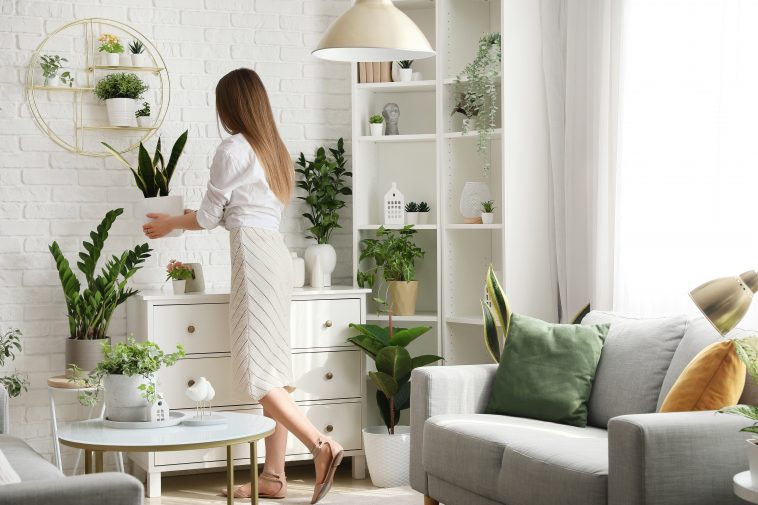We know that animals are capable of communication–wolves howl, birds chirp, and chimpanzees raise their arms to warn their companions of a threat. But what about plants? Growing research shows that plants can speak to each other in ways that humans can’t detect by ear or by sight.
Plants don’t really “speak” in the traditional sense. They mainly use chemicals as communication signals. Some plants can even transmit messages through their root systems.
The most common chemical signal released by plants is called volatile organic compounds (VOCs). These tiny molecules are distributed into the air away from the plant that produced them.
Some plants have the ability to inhibit the growth of other plants. For instance, walnut trees secrete a hormone called juglone that prevents their surroundings from becoming too crowded with other species by killing other plants, allowing them to grow with less competition.
Then, there are other plants that are a little more neighborly and actually offer support to the plants in their vicinity. Native American sweetcorn, climbing beans, and squash are often planted near each other because they work together as a team.
The sweetcorn provides a place for the climbing bean to grow on. The bean helps feed the sweetcorn and squash by absorbing nitrogen from the air and releasing it through its root system, while the squash leaves assist with retaining the moisture of the soil and keeping weeds to a minimum.
Furthermore, certain plants established in a garden can attract beneficial insects and repel harmful ones. For example, ivy, lavender, and thyme draw in pollinators. And basil can attract aphids away from tomatoes, effectively boosting the quality of the fruit.
Some other positive pairings include planting marigolds near parsnips and potatoes, which deter slugs, wireworms, and nematodes. Rosemary will ward off bean beetles, carrot flies, and cabbage white butterflies.
Scent also acts to discourage pests. Root flies are attracted to the smell of a carrot’s foliage. But if garlic and spring onions are established with carrots, the herbs can mask the carrot’s scent and keep the bugs away.

Sign up for Chip Chick’s newsletter and get stories like this delivered to your inbox.


